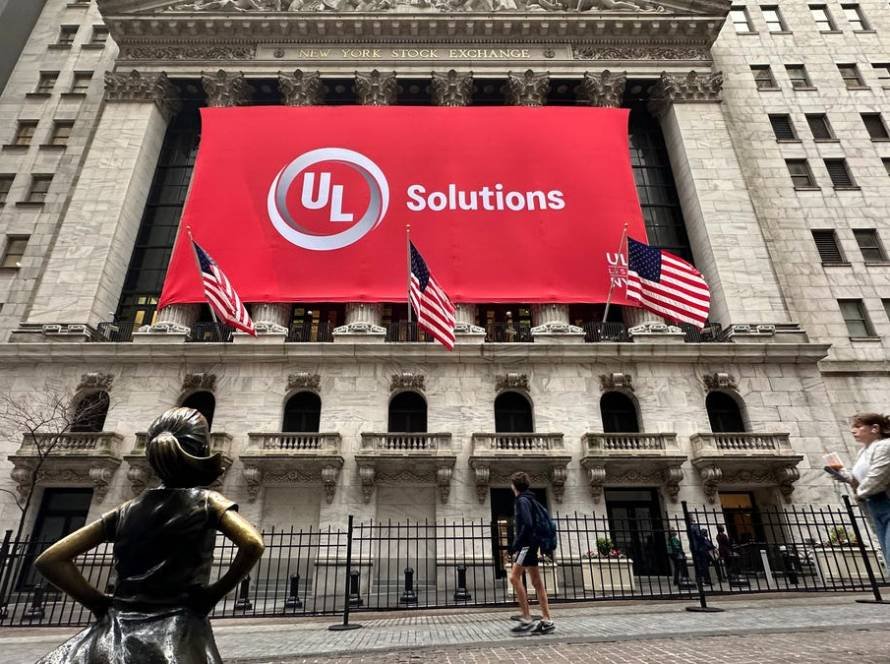The Wild West of buy-now, pay-later systems is getting reined in. On Wednesday, the U.S. Consumer Financial Protection Bureau (CFPB) published an interpretive rule classifying buy-now, pay-later (BNPL) lenders as credit card providers. As a result, BNPL lenders will now have to abide by the same rules that apply to traditional credit card providers, the agency said.
BNPL allows customers to spread out payments into equal installments over time, and tends to be interest free. Unlike credit cards, however, consumers don’t need a certain credit score to use BNPL.
Thanks to the new classification, customers will now be able to dispute charges and demand a refund after paying with BNPL.
“When consumers check out and choose Buy Now, Pay Later, they don’t know if they will get a refund if they return their product or whether the lender will help them if they didn’t get what was promised,” said CFPB director Rohit Chopra. “Regardless of whether a shopper swipes a credit card or uses Buy Now, Pay Later, they are entitled to important consumer protections under longstanding laws and regulations already on the books.”
Under the rules, BNPL lenders will now have to:
🕵️ Investigate disputes initiated by customers, pause payment requirements during the investigation, and issue credits when necessary.
💸 Credit refunds to consumers’ accounts for returned products or canceled services.
🧾 Provide consumers with periodic billing statements.
The BNPL market
The market for BNPL has boomed in recent years. In 2024, market research firm eMarketer forecasts that 93.3 million U.S. consumers will use these deferred payment services. It was used by 14% of U.S. shoppers to make an online purchase in December 2023, according to an eMarketer survey. That’s compared with 70% that used conventional credit cards.
It’s a particularly popular payment method among younger people, with consumers aged 35 and under making up 53% of all BNPL users, but just 35% of credit cardholders, according to a study by LexisNexis Risk Solutions.
The CFPB began looking into the burgeoning industry in 2021 when roughly 20,000 merchants offered BNPL at checkout as of October of that year, according to consultancy Bain & Company. The agency found that BNPL is typically used as a close substitute for conventional credit cards.
More than 13% of BNPL purchases involved a return or dispute in 2021, according to a CFPB market report covering five BNPL firms (Affirm, Afterpay, Klarna, PayPal, and Zip). Customers disputed or returned $1.8 billion in transactions across the five firms.
Prior to the CFPB’s announcement Wednesday, some firms, including Klarna and Affirm, already carried out some of the agency’s new requirements, including dispute resolutions.
“CFPB’s announcement is a significant step forward in regulating BNPL, which Klarna has actively called for over many years,” a Klarna spokesperson said in a statement. “But it is baffling that the CFPB has overlooked the fundamental differences between interest-free BNPL and credit cards, whose whole business model is based on trapping customers into a cycle of paying sky-high interest rates month after month.”
An Affirm spokesperson said the firm is committed to continuing to engage with the CFPB.
“We urge other companies that offer buy now, pay later products to live up to the industry’s promise to provide consumers with a more flexible and transparent alternative to other payment options,” the spokesperson said.
Update: This article was updated to include statements from Klarna and Affrim.



